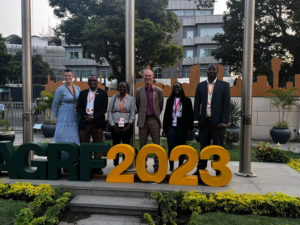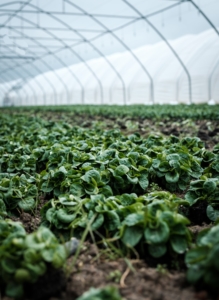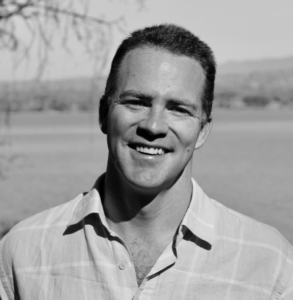Wasafiri leads in nature-positive discourse to tackle climate change; WEF “Bold Actions for Food” event

Latest posts
Share:
According to the Davos agenda, sustainably nourishing 9.7 billion people by 2050 requires a transformation in food systems. Unprecedented, concerted action from diverse cross-sector actors is required to evolve production, value chains, market systems, technology, and consumer demand from the local to the global level.
As part of their commitment to a transformation in food systems, the World Economic Forum, the Food Action Alliance, and partners will hold the “Bold Actions for Food” Event on March 15 – 16.
Recognising the need for concerted action from diverse cross-sector actions, this event will bring together leaders from public, private, civil society sectors, and experts who are driving action on innovative examples of systems change initiatives.
As part of this convening, Wasafiri’s Good Food Hub initiative, as well as Clim-Eat, will convene a dialogue with the Nature-Positive Innovation Coalition on March 16. Our very own SME platform that has brought together food actors who are making food more nourishing, sustainable, equitable and more resilient.
In part, the event is looking at how to raise ambitions and scale leadership action this year towards bringing Food into the centre of COP27, as well as holding discussions on how to accelerate the small businesses that are bringing nature-positive innovations to millions of farmers.
Wasafiri is giving voice to these food-preneurs and small food business owners who know the importance of making our food systems nature-positive. We want to increase the recognition of small businesses that are innovating solutions that are enhancing natural capital such as water, soil health, and biodiversity.
A wonderful example of this is Good Food Hub member Claire Baker who is the Co-founder and Director of The Toothpick project (Claire is currently a finalist in the Milken-Motsepe Prize in AgriTech).
Bringing businesses to the forefront of the conversation doesn’t just support them, it inspires us to do more too!
Join this dialogue and discuss how businesses are bringing innovations to farmers and explore how the Nature-Positive Innovation Coalition can support access to the investment, regulatory reform, technology, and commercial partnerships that will take solutions to scale.














